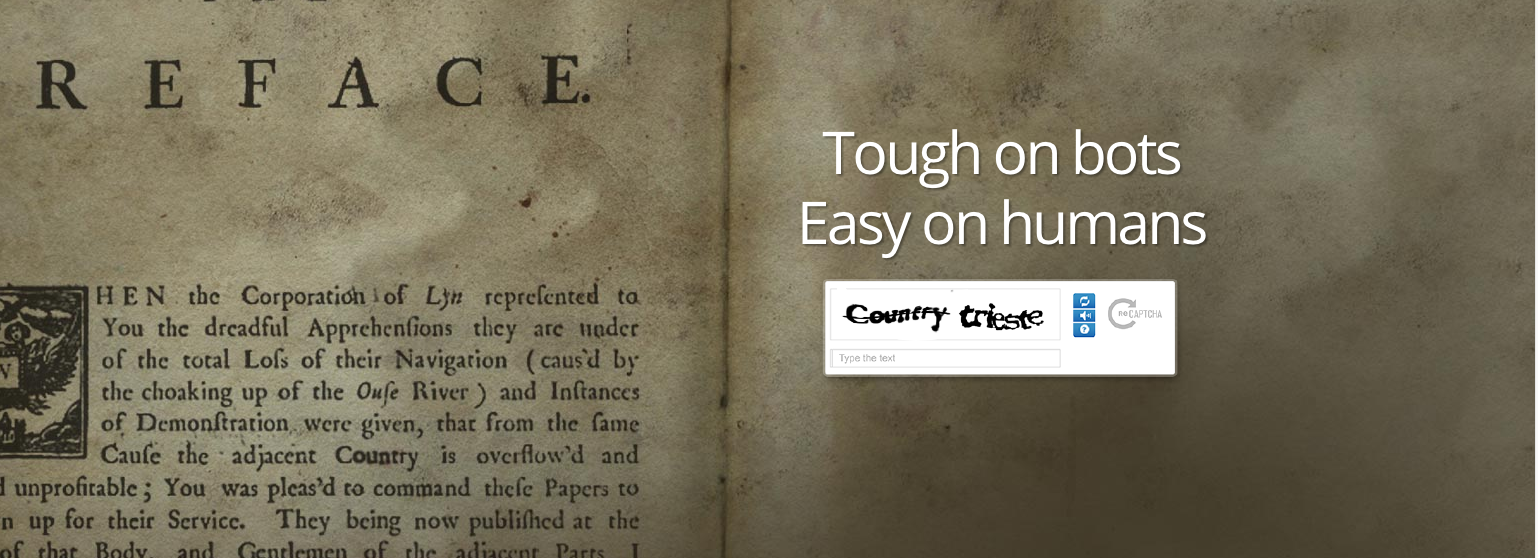
Google has released reCAPTCHA, a free service to protect websites from spam and automated malware breaches.
reCAPTCHA uses a risk-analysis engine and adaptive CAPTCHAs to recognize when a human user or a bot is attempting to access a site, and it learns as CAPTCHAs are solved to digitize text, annotate images and build machine-learning datasets. reCAPTCHA adapts to provide easy CAPTCHAs for humans and progressively more difficult ones for bots.
Information on how developers can implement reCAPTCHA on their sites is available here.
Sony Pictures computer systems hacked
Sony Pictures’ computer systems suffered a hack attack this week, and the hackers who took down the systems are saying they want equality, The Verge reported.
“We Want equality [sic]. Sony doesn’t. It’s an upward battle,” the hackers wrote in an e-mail to The Verge.
It is still unclear what the hackers’ specific goal is, but they claim they have “sensitive internal data from Sony” and that Sony employees either helped or carried out the attack, according to The Verge.
“Sony doesn’t lock their doors, physically, so we worked with other staff with similar interests to get in,” the hackers wrote to The Verge. “Im sorry I can’t say more, safety for our team is important [sic].”
Samsung DeepSort algorithm breaks data sorting record
Samsung has developed a new algorithm, codenamed DeepSort, that breaks the previously established benchmarking record for data sorting.
According to Samsung’s blog, DeepSort is a “scalable and efficiency-optimized distributed general sorting engine.” It sorted 3.7TB of data in a minute, shattering the previous record of 1.5TB. Also according to the blog, Samsung is using DeepSort to improve search and recommendations on websites, Samsung Smart TV apps, and Samsung’s Milk Music radio service.
More information on DeepSort is available in Samsung’s academic paper on the algorithm.
Forrester study: Enterprise Internet of Things deployments keep growing
According to a Forrester study commissioned by barcode tracking and printing company Zebra Technologies, Internet of Things deployment in the enterprise has more than tripled since 2012.
The study surveyed 593 enterprise organizations in 16 countries in September and October of 2014. It found that approximately 65% of respondents had deployed or are deploying IoT technologies in their organizations in 2014, compared to 15% in 2012. More than 80% of enterprises surveyed agreed that “IoT solutions will be the most strategic technology initiative for their organization in a decade,” the study states.





